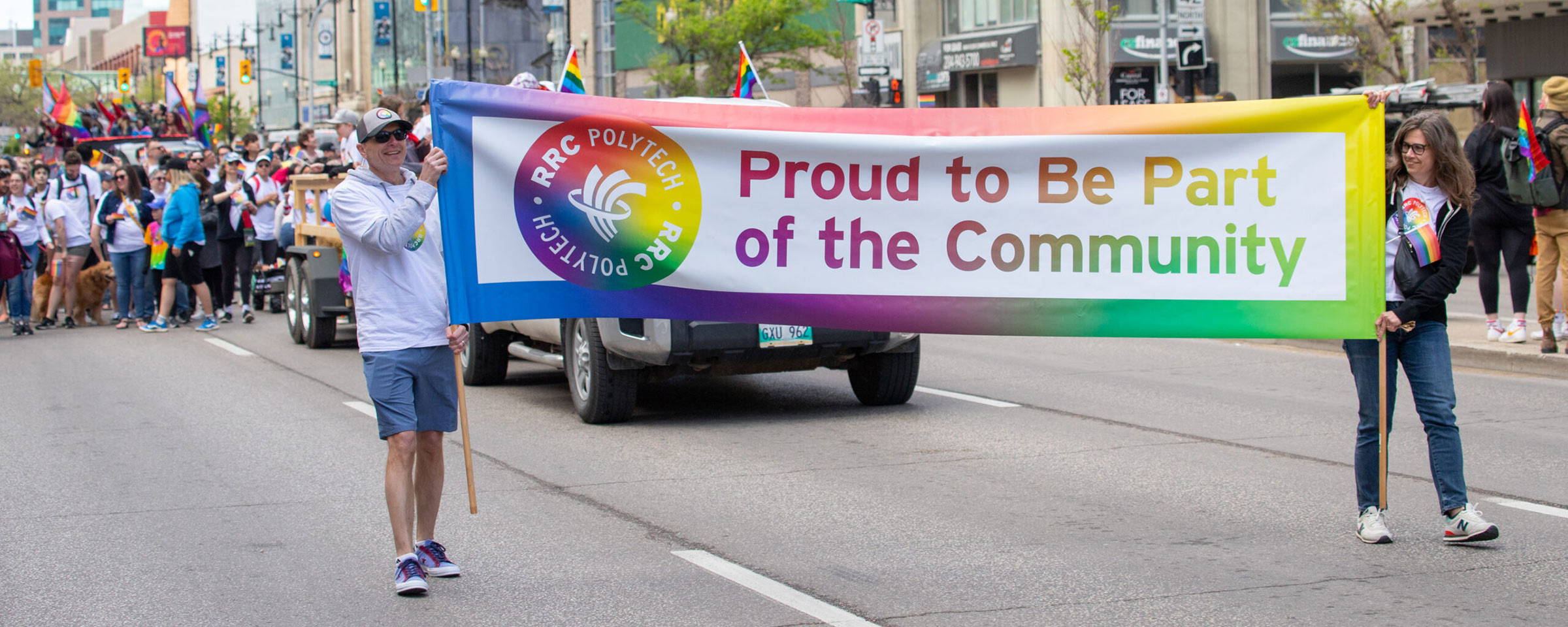World AIDS Day
On December 1, World AIDS Day is observed globally, a tradition that began in 1988. At the time, fear, panic, and paranoia surrounded a new disease scientists were just beginning to understand. During the 1980s, HIV and AIDS devastated the lives of many queer individuals around the world. While the 2SLGBTQIA+ community experienced significant losses during this time, the disease does not discriminate. It affects men, women, children, low-income families, high-income families, straight people, queer people—everyone.
In 1988, the World Health Organization (WHO) designated December 1st as World AIDS Day. This day is dedicated to remembering those who lost their lives to the disease, combating the stigma surrounding HIV/AIDS, and inspiring global action to end this preventable condition.
What is HIV/AIDS?
Human Immunodeficiency Virus (HIV) is an infection that attacks the body’s immune system by targeting white blood cells. This weakens the body’s defenses, making individuals more susceptible to infections, certain cancers, and diseases like tuberculosis. HIV is transmitted through bodily fluids, including blood, vaginal fluid, semen, and breast milk. Importantly, it cannot be spread through casual contact, such as hugging or kissing.
When left untreated, HIV can progress to Acquired Immunodeficiency Syndrome (AIDS), a condition that significantly compromises the immune system and is often fatal.
How Can I Prevent HIV/AIDS?
The best way to prevent HIV/AIDS is through education and awareness. Understanding how the virus is transmitted and knowing the options available if diagnosed with HIV are crucial for prevention.
Key prevention methods include:
- Using condoms (male or female) during intercourse.
- Not sharing needles or syringes if you use injectable drugs.
- Taking Pre-exposure Prophylaxis (PrEP) if you are at higher risk of contracting HIV.
Regular testing is another vital step. Many people unknowingly spread HIV because they are unaware they have it. Testing is simple and accessible, with options like at-home kits available for those uncomfortable visiting a clinic.
If you test positive for HIV, while it can be shocking, it is important to remember that it is a treatable condition. Advances in medicine have made effective treatment possible. With proper care, individuals can achieve an undetectable viral load, meaning the virus cannot be transmitted to others.
HIV and Other Sexually Transmitted Infections (STIs)
Although HIV can seem overwhelming, it is not the only risk associated with unprotected sex. Sexually Transmitted Infections (STIs) can happen to anyone. Some people view STIs as embarrassing or taboo, but they are no different from catching a cold or the flu—sometimes, they just happen!
Many common STIs, such as chlamydia and gonorrhea, are easily treatable with a course of antibiotics.
Local Support and Testing Resources
Recently, RRC Polytech Health Services held a Sexual Health and Testing Clinic. Due to an overwhelming response, all available appointments were fully booked. If you missed out, don’t worry! Our Health Services team offers a variety of resources and support year-round for both staff and students.
Some of the resources available through Health Services are:
- Take home HIV testing kits
- Registered nurses for hands-on-care
- Pamphlets and information about STIs and HIV/AIDS
- And more!
Health Services is located at the Notre Dame Campus, room HM08 and can be accessed Monday through Friday, 8:00 a.m. – 4:00 p.m.
Other resources
Nine Circles Community Health Centre
